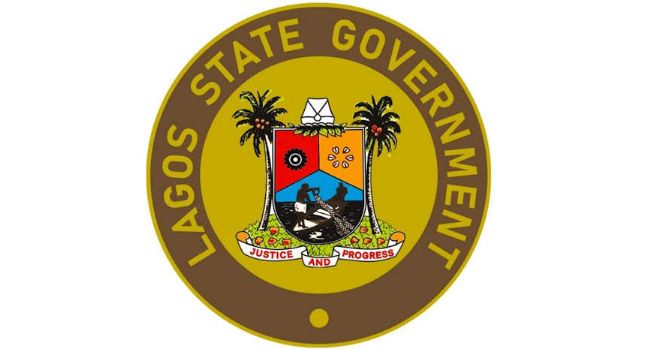The Lagos State Government has successfully resolved a land dispute that spanned over two decades in the Okun-Ajah and Mayegun communities, marking a significant milestone in the administration’s efforts to ensure equitable urban development and social justice.
This was made known on Monday at the Bagauda Kaltho Press Centre during the ongoing 2025 Ministerial Press Briefing by the Commissioner for Waterfront Infrastructure Development, Mr. Ekundayo Alebiosu.
Alebiosu disclosed that the long-standing land dispute, which had placed the homes and livelihoods of hundreds of residents under threat, was brought to a lawful and peaceful conclusion through the decisive and people-centered leadership of Governor Babajide Olusola Sanwo-Olu.
According to the Commissioner, the Governor’s commitment to inclusive governance led to the introduction of a landmark regularisation process that saved over 200 allottees from potential eviction and property loss.
“What we have achieved here is a testament to Mr. Governor’s belief that governance must prioritize people, their dignity, their security, and their future,” Alebiosu stated.
“Rather than demolish homes and uproot lives, we brought stakeholders to a roundtable and crafted a legal pathway for regularising occupancy.”
He explained that many of the affected residents had unknowingly encroached on government land, which resulted in a prolonged conflict over ownership.
Instead of embarking on mass demolitions, the state government adopted an accommodation strategy. This approach enabled the settlers to formally regularise their land documents, ensuring their continued legal residency.
Alebiosu added that the resolution was not only a relief to the residents but also a powerful example of compassionate leadership. He emphasized that the decision had averted widespread displacement, economic hardship, and community disruption.
“This isn’t just a resolution,” he said. “It’s a message that in Lagos, people come first and that development will never come at the expense of humanity.”
The peaceful resolution is expected to serve as a model for future land-related disputes in Lagos, further reinforcing the state’s reputation as a beacon of progressive urban governance in Nigeria.
















